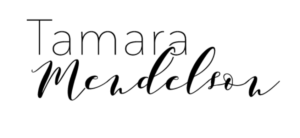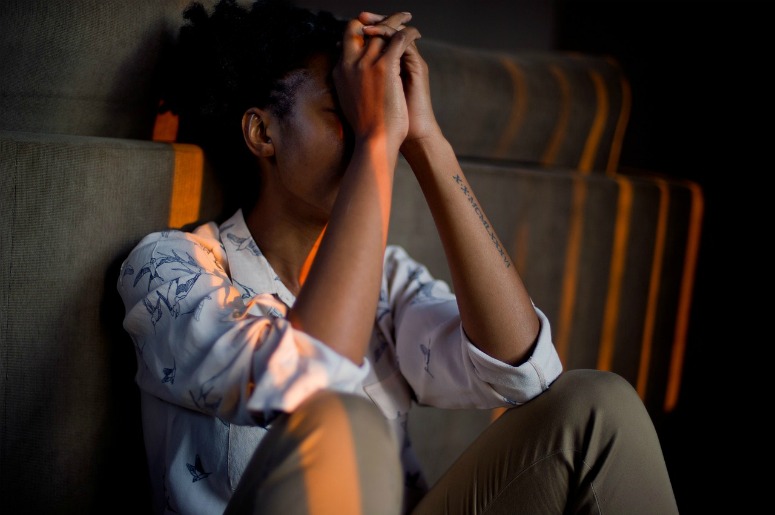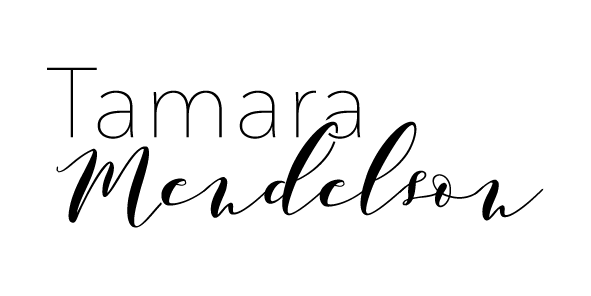
That deep dark bottomless pit of sadness that I didn’t have a name for when I was a teenager was depression. Depression does not discriminate due to race, age, sexual orientation, fluidity of gender, nationality, geographic location, or any other reason. Period.
Being married or divorced doesn’t protect you from depression. Success and money aren’t a safeguard from depression. Education or status doesn’t shield you from depression. Fame and notoriety don’t protect you from depression. Having a new baby or being pregnant doesn’t spare you from depression. See what I’m getting at here?
“You don’t have to wake up in pain” a friend and Chinese Medicine practitioner once said to me, as he was pushing acupuncture needles into my calve. And he was right. The pain he spoke about wasn’t just physical.
Of the 100 most influential people named by Time Magazine for 2019, almost 20% of the people have dealt with or are dealing with chronic illness or serious disabilities.
I have thought a lot about depression and anxiety and the cycle they create
Reading or hearing about people who have found a way to thrive is uplifting and inspiring.
I have suffered from depression & anxiety, on and off, my whole life. I actively seek out publications, podcasts, and literature on the subject and would like to share one I recently came across with you.
The podcast is called, The Hilarious World of Depression, published by American Public Media. Sponsored by Health Partners and Make it Okay.org. Their mission is to help people start conversations about mental illness. They give great advice on what to say and what not to say when involved in one of these conversations. It’s like a club that you don’t really want to join but are part of anyway. The stories hit home. The thing we thought we suffered with alone is much more common than we think. It’s reassuring.
John Moe, the host of the podcast, is an accomplished public radio host and humorist, is a fellow anxiety and depression sufferer. He says, “It can be difficult to trace the source of ones depression. You have circumstance, trauma, genetics and there is only so much science knows about that big bucket of goo in our heads.”
He interviews comedians, actors, and writers about their struggles with depression. The show is brilliant, sad, funny, and helpful. Mostly, he makes listeners feel less alone. We all feel or have felt alone before we gave this pervasive black hole a name. Back before we found other people who also suffer from depression. These amazingly talented and successful people talk about their personal struggles and their darkest hours. Some have either moved on from their black hole, while some continually deal with and manage their depression and anxiety.
52 ways to move towards joy after divorce
Sign-up to receive a printable action plan for embracing your life
and letting go of pain after divorce
[magicactionbox id=994]
It is interesting that a good number of people who are known for their comedy suffer from depression. Did you know that Kristen Bell, Jim Carrey, Ellen Degeneres, Johnny Depp, Lady Gaga, and Courtney Cox are all sufferers, just to name a few? Amazing, right?! And yet, not so amazing. I believe it does help when people come out and talk about their struggles with it.
Sure, these folks may have better access to medical care and support but it doesn’t protect them from suffering.
This podcast speaks to my wicked sense of humor too
The same sense of humor that has gotten me through some really difficult and awkward situations. For years, I had low-level anxiety that would sometimes become intense. It felt like everyone was judging me. This is a very common symptom for anxiety sufferers.
During my own battle with anxiety and later depression, I used to get dressed and wear many layers so when the prickly sweat of heart palpitations of anxiety would begin, I could peel clothes off to get more comfortable just before I fled the room. I never sat in the middle of a theater or auditorium, only at the end of the row where I could get out if needed. I always made sure I knew where the exit was in any given room so I could get out, even if I didn’t need to bolt that minute.
Anxiety and depression are not funny when you are going through them
When you feel like the most worthless person alive and that you will never be happy again. Everything is a Herculean effort. Getting out of bed, taking a shower, and even eating, are for many too much to manage. The overwhelming fatigue can keep you in bed for days, or weeks, or longer. It’s not about “bucking up” as some unhelpful advice suggests. I learned that bucking up just puts off the inevitable or eventual crash which can happen at any time.
Eventually, you come out of a depression. Many times with the help of intervention, talk therapy, drugs, time, support, community or a combination of all of them.
On a clearer, less painful day, the darkness will lift, and finally, your own behavior might seem mildly amusing. The other possibility is that some form of faux-psychosis has happened and your memory is a little fuzzy. It’s probably a good thing too.
I wish there would have been sources like this available or that people talked about it when I had my first bout of depression
It makes me feel better that there are resources like Make It Okay out there now.
Now, I help other people with their anxiety, depression, fear, and loss. I try to carry the pain of other people and help them to feel better and less alone. I have had other depressive episodes including PTSD after brain surgery. But that’s a story for another day.
I don’t blame my parents for not understanding what I was going through. As a parent, it’s hard to see your child in pain and not be able to do anything about it. I was a terrific actress, appearing okay when I wasn’t. It didn’t help and I didn’t learn that lesson until much later and it’s been re-learned over and over again. I call out my clients on this kind of thing. Fine doesn’t really mean anything unless you are talking about dining or cashmere.
One of the most helpful observations I can share is, with help one can recover. You are not alone. (Tweet it!)
According to the World Health Organization’s statistics, 300 million people suffer from depression globally.
Last summer I took a series of courses to get certified in Positive Psychology. For me, it is about positivity and resilience. It focuses on not going back through every bad thing that has ever happened but looking forward with help and for the purpose of healing. Perseverance is something that can be learned and shared and taught.
Important for you to know
If you are sad or in pain please reach out. There is no shame in asking for help. I would be honored to help. I’ve been there and I promise no needles.
Now over to you: Tell me, how are you really feeling? Leave a reply in the comments or send me an email here: tamara@tamaramendelson.com
Be kind to yourself.



